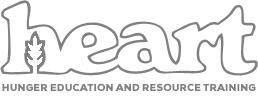Courses and Materials
HEART is not your typical college experience
Expect to get dirty as you put into practice the things you’re learning in the classroom. Developing skills that are practical in cross-cultural ministry is one of the focuses of the HEART program. Here are our current course offerings that will help prepare our students for ministries in a variety of cultures:
Appropriate Technology
3 CREDIT HOURS
WHAT:
FOR:
REQUIRED:
Laboratory and fieldwork are required.
FULL COURSE DESCRIPTION:
This is a practical course that introduces students to basic engineering techniques focused on the conservation and development of resources that help address human needs and improve the quality of life in developing communities. The course is directed to students preparing to serve in developing areas who will likely face issues such as clean water, sanitation, energy, shelter and other appropriate technologies. A range of topics will be considered including, but not limited to: proper use of hand tools, operating small machinery, basic auto maintenance, basic construction skills, bicycle power, water pumps, water purification, irrigation systems and sanitation. Laboratory and fieldwork are required.
Nutrition / Food Tech & Primary Health
3 CREDIT HOURS
WHAT:
This is an applied study in the theory and practice of planning and preparing a balanced diet. This course deals with health issues, practices, and education.
FOR:
Students who will be practicing health living in a developing area. Specifically preparing to serve in developing areas who will likely face educating others on nutritional diets and food preparation.
REQUIRED:
Laboratory and fieldwork are required.
FULL COURSE DESCRIPTION:
This course deals with health and nutrition issues, practices, and education for missionaries who will be living in developing communities of the world. Students will be presented with an overview of common health and nutrition issues that are typically faced in developing areas including malnutrition, tropical diseases, skin issues, childbirth and first aid. Laboratory and fieldwork are required.
Sustainable Agriculture
3 CREDIT HOURS
WHAT:
FOR:
REQUIRED:
Laboratory and Fieldwork Required
FULL COURSE DESCRIPTION:
This course will equip students with practices and principles that lead toward sustained food production. Emphasis will be on gardening and farming in tropical and semi-tropical climates in the context of smallholder agriculture. A hands-on lab practicum of planning and growing a garden will be included in the course.
Cross Cultural Communications
3 CREDIT HOURS
*Photo used by permission from HEART alum Joy Kauffman, founder of FarmStew www.farmstew.org.
WHAT:
FOR:
REQUIRED:
Laboratory and Fieldwork Required
FULL COURSE DESCRIPTION:
This course provides the student with practical insights necessary for proclaiming the Gospel and functioning more effectively in a cross-cultural setting. Topics considered include: understanding the communication process, special dynamics in communication across cultural barriers, appreciating cultural differences, coping with culture shock, the task of bonding, the challenge of language learning, the Gospel and community development, and foundational elements of Christian community development. This course is directed to students preparing to serve cross-culturally as missionaries or as leaders in development work. Students also develop a hands-on semester project that complements vocational goals under the direction of an adviser.
Small Animal Husbandry
3 CREDIT HOURS
WHAT:
FOR:
REQUIRED:
Laboratory and fieldwork are required
FULL COURSE DESCRIPTION:
This is an applied course in the theory and practice of raising animals for consumption and marketing in developing communities of the world. Course work covers the breeding, nurturing, and management techniques for small animals including goats, poultry, rabbits, fish and other species. Laboratory and fieldwork are required.
Student Practicum
3 CREDIT HOURS
WHAT:
FOR:
REQUIRED:
Laboratory and Fieldwork Required
FULL COURSE DESCRIPTION:
This experience is designed to offer a practical intervention into community life development, spiritual formation, and applied agricultural techniques for students preparing for service in developing communities of the world.
Book List
Students are responsible for purchasing their own textbooks. You may bring them with you or have them shipped directly to the village. The Appropriate Technology textbook is included in your tuition and will be provided by HEART
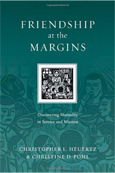
Friendship at the Margins
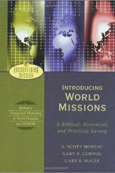
Introducing World Missions, A Biblical, Historical and Practical Survey
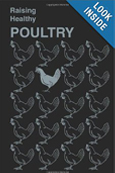
Raising Healthy POULTRY, 4th edition
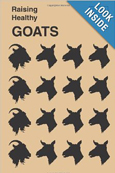
Raising Healthy GOATS, 3rd Edition
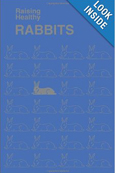
Raising Healthy RABBITS, Revised Edition
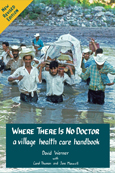
Where There is No Doctor, A Village Health Care Handbook
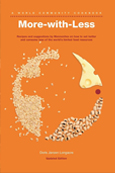
More-With-Less Cookbook, Updated Edition
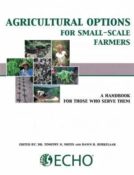
Agricultural Options for Small-Scale Farmers “A Handbook for Those Who Serve Them.”
